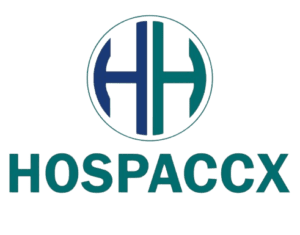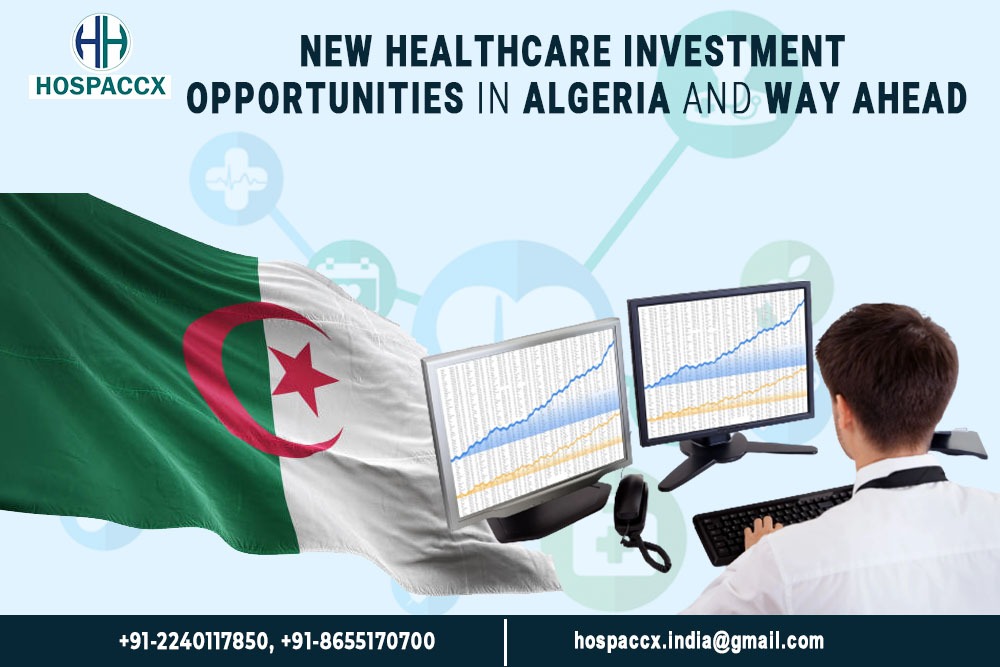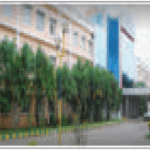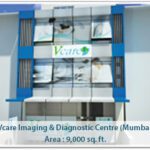NEW INVESTMENT OPPORTUNITIES & THE WAY AHEAD
According to the World Health Organization, a health system consists of all organizations, people and actions whose primary intent is to promote, restore or maintain health. This includes efforts to influence determinants of health as well as more direct activities that improve health. Further, WHO states that a well-functioning health system working in harmony is built on having trained and motivated health workers, a well-maintained infrastructure, and a reliable supply of medicines and technologies, backed by adequate funding, strong health plans and evidence-based policies. At the same time, because of the interconnectedness of our globalized world, health systems need to have the capacity to control and address global public health threats such as epidemic diseases and other severe events.
Given that it is one of the more developed Arab countries in terms of public health spending—which makes up an estimated 80% of all government spending—Algeria places a high priority on the health sector. This considerable proportion positions Algeria in the fifth rank among Arab countries.
However, this industry faces several difficulties, the most significant of which is the need to increase the effectiveness of health spending, enhance the standard of public services, and enhance the working conditions of health sector employees who serve as the first line of defense in the current environment. The considerable improvement in the country’s healthcare systems is also hampered by factors including poor GDP growth, the impact of unfavorable health legislation, and unclear legislative circumstances for foreign investments.
PRESENT STATUS OF HEALTHCARE SYSTEMS
HEALTHCARE GOVERNANCE:
The Algerian government has recently shifted its focus to healthcare systems, promising to provide the best possible health care by improving the availability and accessibility of the best possible healthcare facilities, staff, and technology; maintaining the nearly “free health care services” offered in public hospitals and clinics; and restricting the acceptance of private insurance.
HEALTHCARE FINANCING
Even though the government has raised financing for the healthcare industry annually and has developed plans to open more healthcare facilities such hospitals, clinics, and diagnostic centres, there are still not enough resources to meet the requirements for Optimal Care compliance. Due to inefficient handling of the allocated funds by the government, public hospitals and other centres lack the standards of quality care expected of the Algerian Healthcare system. As a result, there is insufficient number of manpower and updated technology available in the public health sector. Hence, there is being an increased inclination for Algerian patients to prefer availing healthcare services from private health centres.
Algeria pledged $28 billion in 2008 to complete its health sector master plan by 2025. This funding will assist build prefabricated hospitals, replacing 12,181 outdated beds in the existing hospitals, and provide an additional 86,000 beds.
The government is unable to find better ways to generate enough revenue to provide more funding for further improving public healthcare, such as better salaries for healthcare employees, updating and maintaining medical equipment, providing enough locally produced medications, etc. This is because Algerians who use public health services are entitled to free healthcare services. Therefore, it becomes necessary to privatize healthcare systems to attract more international and Algerian national investment.
The financial situation of the various social insurance funds is mainly due to the informal sector, so the informal economy in Algeria represents more than 45% of the Gross National Product (GNP), and employed more than 3.9 million people in the recent years.
HEALTHCARE RESOURCE MANAGEMENT
PHARMACEUTICALS: Algeria’s ineffective licensing of generic pharmaceuticals and lack of clear coordination between the Ministry of Health and the Patent and Trademark Office creates an uncertain environment regarding the registration and sale of brand name health products. Exacerbating this uncertainty is the recent ban on the importation of hundreds of foreign-produced pharmaceuticals. Companies should be aware that it is common to face delays of weeks or months for goods to be cleared by Algerian customs.
Algeria’s pharmaceutical sector, which is projected to be worth the US $ 4 billion and is the second-largest on the African continent after South Africa, had 17% growth over the past ten years. During 2019, pharmaceutical imports totalled $ 2 billion, of which $600 million was spent on cancer treatment pharmaceuticals and $400 million on insulin for diabetics. From US$4.4 million in 2016 to US$11 million in 2017, Algeria imported more medicinal products from Canada. According to Algerian customs, they registered more than US$24 million in 2018.
The strategy of the Algerian government intends to gradually decrease imports and increase local production, particularly in generics, to achieve the lofty goal of 70% local manufacture by 2022. The government implemented a tax incentive program and a restriction on some imported medications. In the previous five years, the market share of locally produced drugs has multiplied five times, and it is presently expected to be 52 %. According to the ministry, there are 97 medicine production facilities in Algeria.
HUMAN RESOURCES
Human resources can be difficult to recruit, manage, and retain in Algeria, both at the skilled and entry levels, even as unemployment remains high. Most Algerians speak French and Arabic and lack English-language skills. Encouragingly however, the youth are tending to study English. Despite these many challenges, the Algerian healthcare sector continues to grow. With a good deal of patience and commitment, there is considerable opportunity for American companies in Algeria.
THE NEED FOR HEALTHCARE INVESTMENTS
With the increasing prevalence of non-Communicable diseases like diabetes, Hypertension, Cardio-pulmonary diseases etc., there is great scope to make investments in order to provide better Infrastructure for the Healthcare systems with the latest equipment & technology, by introducing to the existing healthcare systems and consumers alike, a more patient centric healthcare services with newer specializations, recruitment opportunities for more experienced and skilled healthcare employees.
Higher rate of utilization of newly invested healthcare resources through better accessibility, availability and comparatively affordable healthcare resources for every consumer.
INVESTMENT OPPORTUNITIES IN HEALTHCARE
Over the next ten years, Algeria’s big and expanding health industry will continue to generate a variety of sales and investment possibilities despite market access hurdles, namely the bureaucratic registration procedure, complicated regulatory environment, and nation risks. The need for medical care will continue to rise, supported by favorable demographics and healthcare infrastructure initiatives. Algeria’s long-term ambition to establish itself as an export hub for the African market will be aided by its strategic geographic location and financial incentives provided by the government.
In its strategy to recover from the COVID-19 problem released in August 2020, the government underlined its commitment to diversify. The increased incidence of non-communicable diseases including diabetes, hypertension, cancer, etc. also presents a number of investment opportunities in the healthcare sector. These opportunities include the establishment of single- or multi-specialty healthcare institutions as well as industries for the production and distribution of pharmaceuticals and biomedical equipment. Giving the Algerian government more opportunities to generate more income, which would ultimately lead to improved profitability and commercial growth for investors.
Algeria’s healthcare sector is still in its early stages and is mainly dependent on imports. Despite modest development, the population’s standard of living is rising and in recent years, there have been increasing numbers of complaints of cardiovascular disease, cancer, hypertension, diabetes, respiratory disorders, and allergies. Modern medical techniques including plastic surgery, panoramic dental radiography, and laser eye surgery are becoming more and more well-known among the general public. U.S. technology and goods are considered as being of excellent quality and dependability. High-quality medical supplies and disposables are in high demand in Algeria.
CONCLUSION
Pharmaceuticals, medical equipments, health insurers, and hospitals are few sectors that make up the healthcare industry. Numerous factors, such as favorable demographic trends and unfavorable reimbursement patterns, have an impact on investments in this industry. Understanding the fundamental causes of healthcare investing demands, a diverse approach. Investments in the sector as a whole and its subsectors can be profitable for investors. Algeria’s healthcare market is growing and main products and devices are almost imported. These will provide substantial opportunities to foreign players, most of which operate in Algeria through imports or local partnership
Long-term and efficient health financing in Algeria requires several reforms; these changes must be focused on social security, the growth of mutual insurance, the inclusion of private insurances, and the promotion of public-private partnerships. The adoption of these reforms makes it possible for Algeria’s health system to receive funding from a wider range of sources.
For more information about the Country and Healthcare opportunities in Algeria, you can visit the company website on www.hospaccxconsulting.com or contact us directly.
Related Team Members










